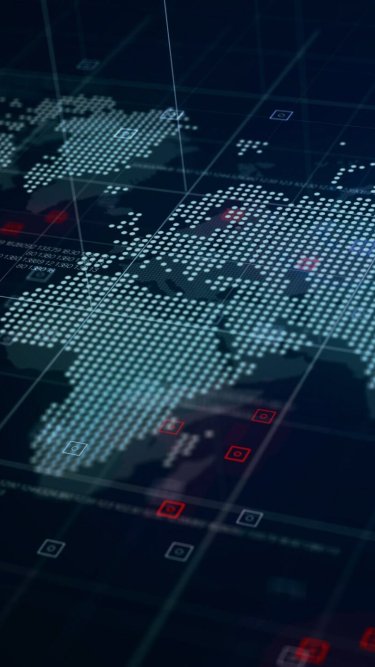The recent World Economic Forum Annual Meeting in Davos focused on “Cooperation in a Fragmented World”, reflecting the instability that shaped 2022 and setting the stage for 2023.
In this blog, we share some insights from Kroll’s Jason Smolanoff, President of Cyber Risk, and Megan Greene, Global Chief Economist and Kroll Institute Fellow, on cyber and the economy in 2023.
Cyber continues to play a leading role in the continued turbulent economic conditions around the world. Kroll has observed cyberattacks causing widespread operational disruption, reputational damage and financial harm to their targets. The ongoing Russia war on Ukraine demonstrates that the threat landscape is closely interlinked with geopolitical and economic uncertainty beyond national borders.
Although cyber warfare is still a much-disputed term, it can be seen as appropriate when cyber tactics are designed to disrupt and dismantle supply chains and critical infrastructure. The cyber warfare seen in the context of Russia’s war on Ukraine could be viewed as a war behind the war. This activity can start long before any boots are on the ground and can continue in times of peace.
Cyberattacks can hit the economy on many levels. Costs related to cybercrime are forecast to reach $10.25 trillion a year by 2025 worldwide, on par with the world’s global energy bill, while global cybersecurity spending is forecasted to grow by more than 10% in 2022-23. Kroll’s CFO research, Cyber Risk and CFOs: Over-Confidence is Costly, found that seven out of 10 companies lost 5% or more of their valuation following their largest cybersecurity incident in the previous 18 months. According to Sustainalytics, a major cyberattack influences a firm’s stock price for 50 trading days.
Kroll’s recommendations
Maintaining a robust security posture in uncertain times involves detecting threats early and being prepared to respond confidently and effectively, while staying up to date with regulations and legal requirements. This requires not only fast and effective incident response, but also careful planning to ensure that action is being taken to effectively harness technology, people and processes before, during and after an incident.
Kroll provides a comprehensive range of support to help your organisation minimise the risk of an incident and to mitigate and manage the impact of a security event. This includes our award-winning managed detection and response solution, Kroll Responder, as well as a wide range of penetration testing, digital forensics and incident response services.




